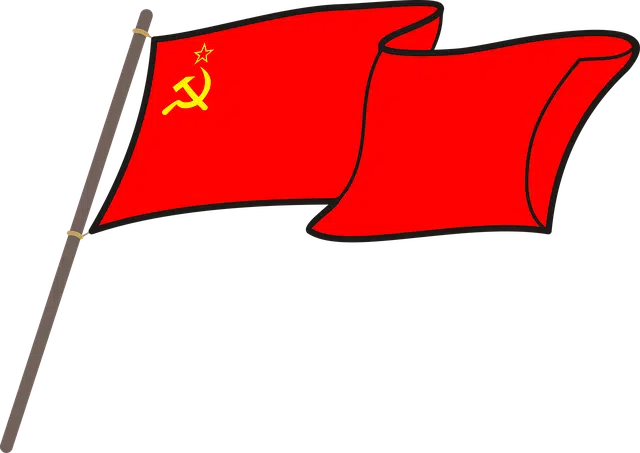
The United States (as leader of the capitalist bloc) and the USSR (head of the communist bloc) fought a cold war for decades.
The idea of war is usually associated with an armed confrontation between two or more countries. However, the concept can also be used to refer to a fight or struggle without physical or explicit violence .
The cold war is called the discord between two or more States that, without resorting to weapons, try to inflict harm on each other through espionage actions, economic pressure or political propaganda . In a cold war, each side uses various strategies to undermine the power of the other.
The cold war between the capitalist bloc and the communist bloc
The idea is usually associated specifically with the struggle between the members of the capitalist bloc (led by the United States ) and the members of the communist bloc (led by the Union of Soviet Socialist Republics ) after World War II . The cold war, in this sense, began in 1945 and lasted until the USSR dismembered.
Unlike what happened in World War II , in this period none of the countries took direct action against another (that is, there were no bombings or military offensives). That is why we talk about a cold war.

The end of the Cold War is usually associated with the fall of the Berlin Wall.
display of power
For almost half a century, the United States and the USSR tried to demonstrate their power through industry, science and sports, among other areas. While the United States promoted coups d'état in Latin America to extend its political and economic hegemony, the USSR supported revolutions and communist governments in different parts of the world.
After the fall of the Berlin Wall and the dissolution of the USSR , the tensions of the Cold War faded, with the United States and the capitalist bloc as the great winners of the conflict .
The development of the cold war
Although the war had ended and neither the Soviet Union nor the United States had the intention of unleashing another war, there were various reasons that still made them clash. And we are not just talking about their purchasing power , but about the influence that both wanted to have in the rest of the countries.
Precisely, one of the reasons that drove the cold war between these two nations was the thirst for control . Let us not forget that to rebuild the European continent, the so-called Marshall Plan was executed, which was based on the delivery of large donations and the granting of lines of credit to their countries. The growth of Europe was opposed to the need of other countries to control everything.
On the other hand, the Soviet Union had the objective of promoting communism , a social, political and economic doctrine based on an organization of society that eliminates the existence of private property and division into classes, placing the assets in the hands of the State. means of production and the distribution of goods, to ensure that needs are met equitably. The United States had no intention of adopting or supporting communism, and this was another reason that fueled the cold war.
The Soviet Union also feared that the United States would launch an attack spontaneously, given that it had purchased atomic weapons for no apparent reason. This led them to suspect that they had set up bases in western Europe. In short, the reasons for the confrontation bordered more on the lack of information and communication than on specific events.
The concept in colloquial language
In everyday speech it is also possible to use this concept to refer to a situation that has no connection with relations between different countries, but rather between two or more people who decide to ignore each other completely.
In this framework, we speak of "waging cold war on someone" to indicate an attitude focused on ignoring their presence and not paying attention to their words, something that can be extremely annoying and frustrating.
